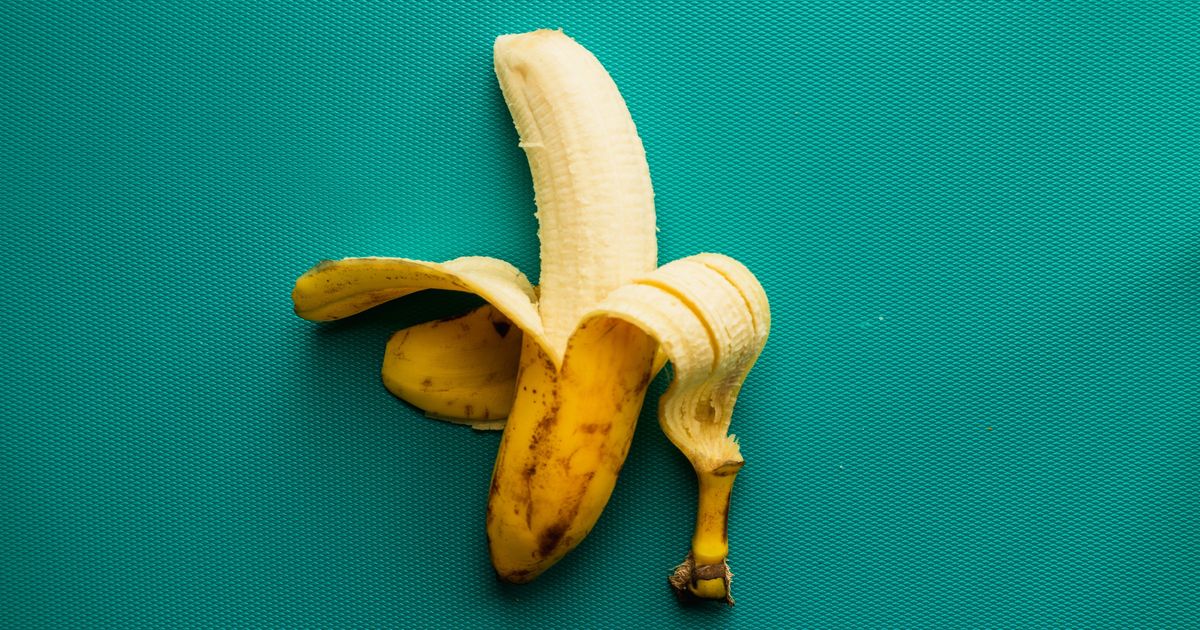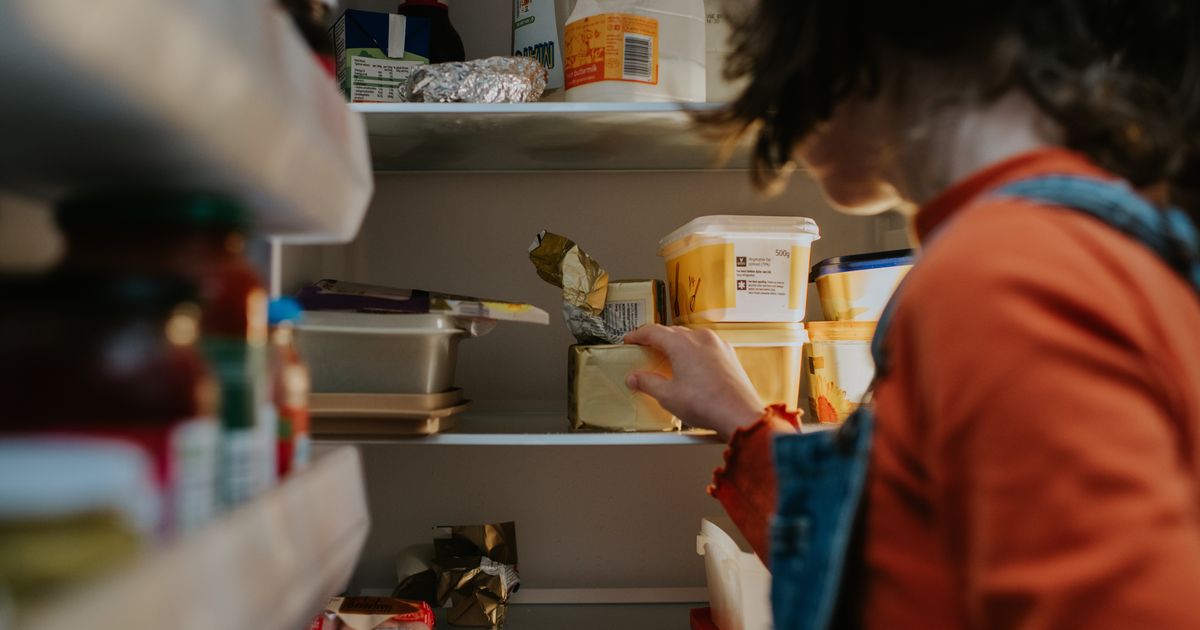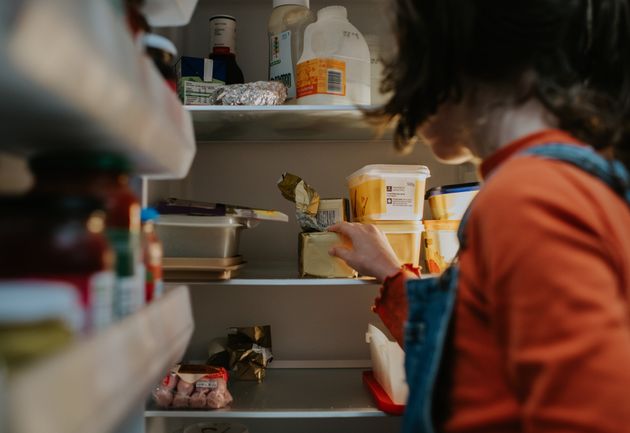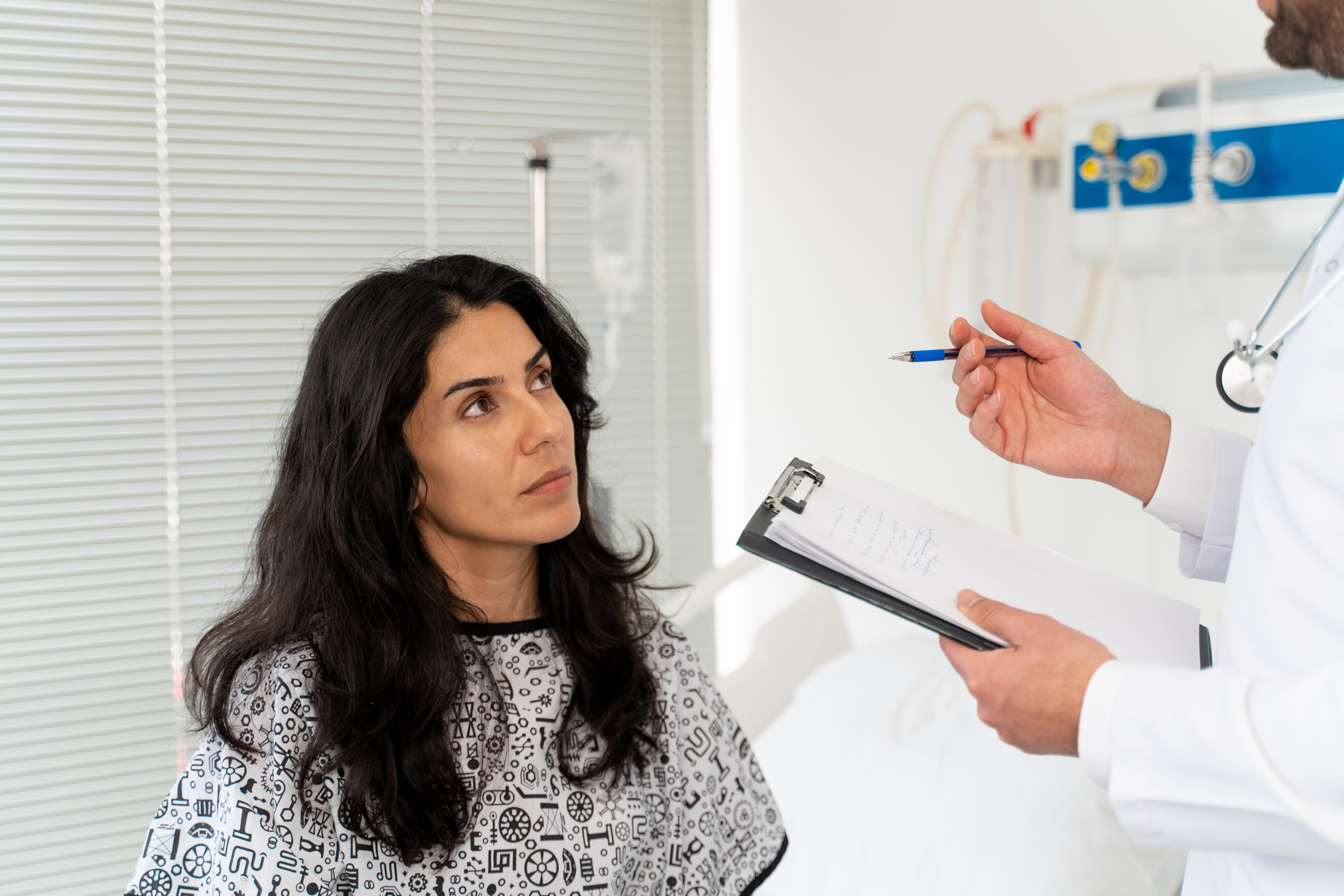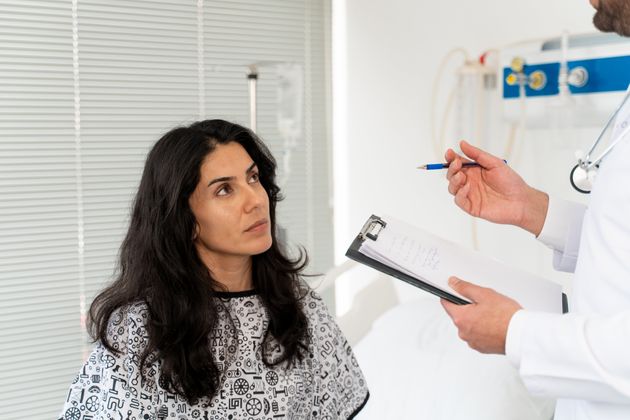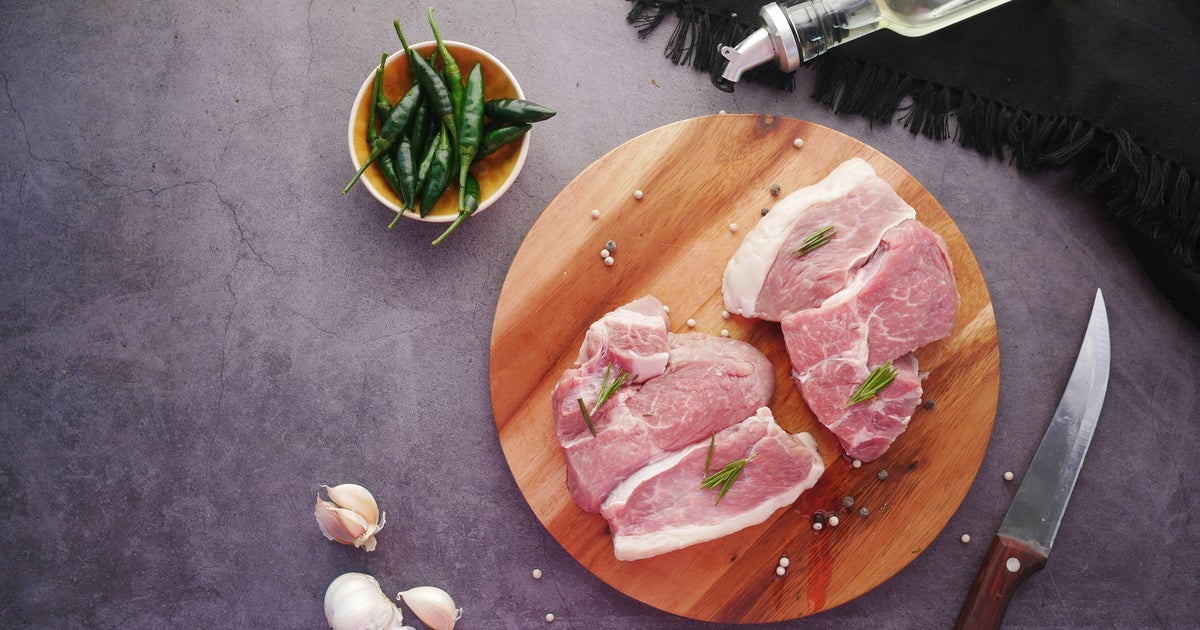
In his latest newsletter, NHS Surgeon and TikTok creator Dr Karan Rajan reveals that back in 2018, he was doing pretty significant damage to his gut health without even realising it.
He says: “My Indian ancestors were spiritually shaking their heads at me, because despite coming from a lineage of fibre-laden dal, lentils, and spice-rich cuisine, my diet at the time contained about as much fibre as a wet paper towel.
Advertisement
“You could almost hear the garam masala, coriander, and cumin seeds collectively sighing in disappointment every time I ate yet another low-fibre, protein-heavy meal.”
However, his gut health seemed fine. He was regularly passing stools, still very active and, in his words, “Nothing about my daily life screamed -you are a fibre-deficient failure.”
However, his blood tests said otherwise
While the routine blood tests he undertook didn’t suggest that a heart attack was imminent, Dr Rajan did experience a bit of a shock to the system when they revealed that his health wasn’t quite where it should be.
Advertisement
He explains: “let’s just say certain fractions of my cholesterol were slightly higher than they should have been. My triglycerides were creeping up, whispering ominous things about my future and the overall pattern wasn’t what you’d expect from a “healthy” young person.”
Initially, it didn’t make sense to the doctor. He didn’t eat fast food, he regularly exercised and his diet appeared to be overall pretty good.
Then, he explained, “it hit me…I had completely neglected one of the most powerful metabolic regulators: fibre.”
Advertisement
Fibre: essential for more than just bowel movements
Dr Rajan says: “Most people think of fibre as nature’s plumbing assistant; helpful for keeping you regular, preventing constipation, and producing structurally sound poops.
“But fibre is a metabolic heavyweight.”
He explains that some of the benefits of fibre include:
- Cholesterol regulation: “It reduces cholesterol reabsorption, meaning less circulates in the blood, keeping arteries unclogged”
-
Blood glucose control: ”High-fibre diets have been linked to a reduced risk of type 2 diabetes… and if you already have diabetes, fibre can blunt those glucose swings”
-
Cognitive & neurological benefits: Emerging research suggests fibre indirectly supports brain health by feeding gut bacteria that produce short-chain fatty acids (SCFAs). SCFAs reduce neuroinflammation, improve the gut-brain axis, and may even protect against cognitive decline
-
Microbiome & liver function: ”A fibre-rich diet lowers systemic inflammation, reducing fatty liver disease risk and keeping gut-derived endotoxins from overwhelming the liver”
The UK Government also urges that we should eat more fibre
On their website, The British Nutrition Foundation warns: “Adults in the UK are not consuming enough fibre. On average, we consume about 20g per day rather than the recommended 30g.”
Advertisement
The UK Government also urges that eating more fibre can reduce your risk of bowel cancer, adding: “Fibre is an important part of a healthy diet as it aids digestion, prevents constipation and helps to reduce your risk of bowel cancer. Foods like wholegrain cereals, wholewheat pasta, oats, beans, chickpeas, and lentils are all sources of fibre.”
How to add more fibre to your diet
The NHS recommends the following steps:
- Choose a higher-fibre breakfast cereal such as plain wholewheat biscuits (like Weetabix) or plain shredded whole grain (like Shredded wheat), or porridge as oats are also a good source of fibre.
- Go for wholemeal or granary breads, or higher fibre white bread, and choose wholegrains like wholewheat pasta, bulgur wheat or brown rice
- Go for potatoes with their skins on, such as a baked potato or boiled new potatoes. Find out more about starchy foods and carbohydrates.
- Add pulses like beans, lentils or chickpeas to stews, curries and salads.
- Include plenty of vegetables with meals, either as a side dish or added to sauces, stews or curries
- Have some fresh or dried fruit, or fruit canned in natural juice for dessert. Because dried fruit is sticky, it can increase the risk of tooth decay, so it’s better if it is only eaten as part of a meal, rather than as a between-meal snack
- For snacks, try fresh fruit, vegetable sticks, rye crackers, oatcakes and unsalted nuts or seeds



